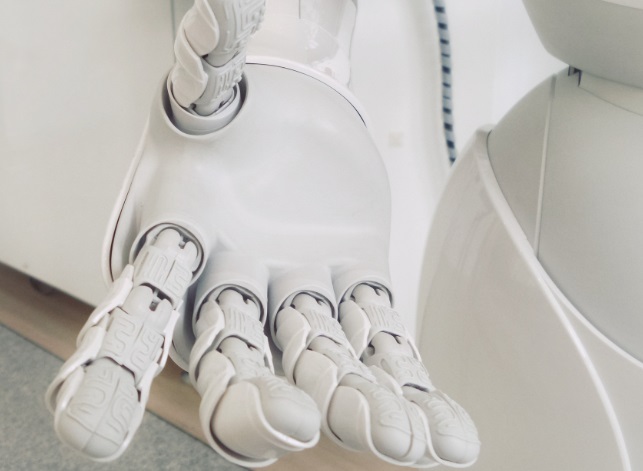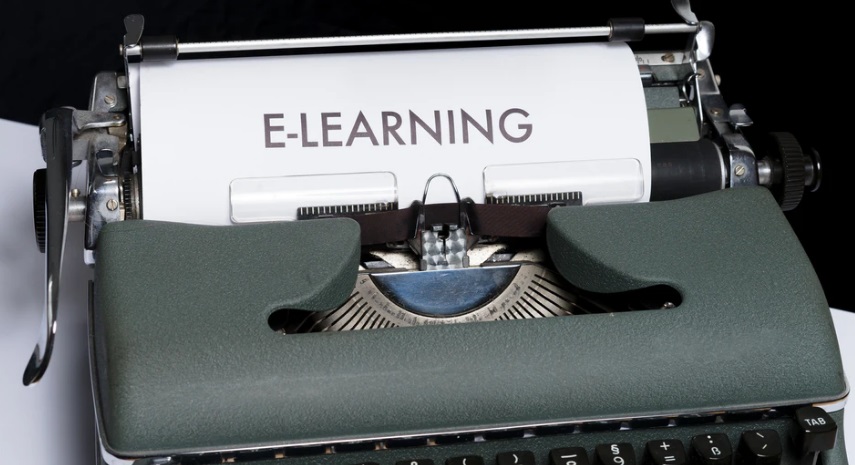Preparing South African students for a 5G future
4IR technologies include: artificial intelligence, autonomous vehicles, advanced biotechnology, robotics, the Internet of Things, blockchain, speedy connectivity in the form of 5G and Wi-Fi 6, and 3D printing. 5G is an integral technology that will be necessary for these to fulfil their potential within the 4IR.
2019: According to Wits University, 5G is seen as the key technology of the fourth industrial revolution (4IR), which is changing the way we live, work, play and consume services. The 4IR is a key focus for the future growth and development of South Africa’s economy. Professor Zeblon Vilakazi, Deputy Vice-Chancellor, Research at Wits: “The skills, knowledge, innovation and creativity would be the cornerstones for development in the 4IR.” The free training is provided by Huawei South Africa. https://www.wits.ac.za/news/latest-news/research-news/2019/2019-05/first-5g-training-in-sa-for-ict-postgrads-at-wits.html
In 2019 Minister of basic education Angie Motshekga announced that Ms Zora, an artificial intelligence-based educational platform, will be rolled out across South African schools to support the introduction of the coding and robotics curriculum.
Motshekga reaffirmed the importance of fourth industrial revolution skills and the role of the new online platform in the new curriculum: “It is critical that we implement science, technology, engineering and mathematics (STEM) platforms now to empower students at an early stage to be responsive to the demands of the changing world.”
“The new curriculum will provide learners with an understanding of coding and robotics while developing their skills and competencies to prepare them for the future workplace. Hence, this important partnership with Africa Teen Geeks in launching Ms Zora.”
Motshekga told ITWeb that Ms Zora would assist teachers to effectively integrate technology into subject areas, while increasing access to the quality of education for all South African pupils, regardless of their location, proficiency level and socioeconomic circumstances.
The e-learning platform, unveiled at the announcement of the 2019 National Senior Certificate Results at Vodacom World, in Midrand, is a robotics and coding software tool aimed at empowering school pupils across all grades to develop and improve their 21 century skills by serving as both a teacher’s assistant and a personal tutor to the learner. https://www.itweb.co.za/content/xnklOvzbQP2v4Ymz
In February 2020, President Cyril Ramaphosa (in the State of the Nation Address) said that the government will introduce Coding and Robotics in Grades R to 3, in 200 schools – with a plan to implement it fully by 2022.
https://www.sanews.gov.za/south-africa/government-introducing-coding-robotics-grades-r-3
A critical evaluation of SA’s education system points to the following challenges relating to readiness for 4IR: https://www.bizcommunity.com/Article/196/371/193213.html
• Current school curriculum does not equip learners with the right skills or education for the 4IR.
• Computer science skills are at the centre of this revolution, however, very few primary and high school learners have access to computers. Some learners reach Grade 12 without ever interacting with a computer.
• Access to fast and reliable internet is a national problem, while for those who can access the internet, this is a costly exercise.
• Coding an important technical skill for future jobs is not part of the curriculum. This is an important skill even for students who take up non-technical subjects.
My Broadband: Government’s plan to teach coding and AI at South African schools
Bradley Prior 23 September 2020: https://mybroadband.co.za/news/government/368663-governments-plan-to-teach-coding-and-ai-at-south-african-schools.html?utm_source=newsletter
“A major long-term infrastructure funding programme for schools is needed, with attention to mobile and other wireless network infrastructure, at sufficient levels of connectivity to make online access meaningful in educational terms.”
To achieve this, the DCDT said that the government needs to foster well-structured and well-designed public-private partnerships and the necessary asset funding partnership regulations will need to be prepared specifically for digital infrastructure.
“Opportunities for infrastructure funding partnerships can be formulated through Treasury Regulations, through the proposed Digital Development Fund, and through other infrastructure funding initiatives, such as SIP15,” said the DCDT.
National Integrated ICT Policy White Paper of 2016 » National Digital and Future Skills Strategy South Africa National Gazettes, No. 43730 of 23 September, 2020,

EMFSA:

Image: EMFSA
In order to achieve the required digital infrastructure many more similar towers will be needed.




